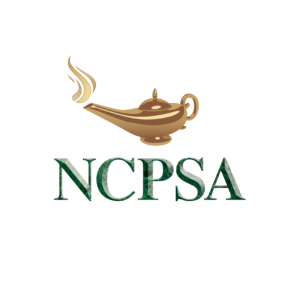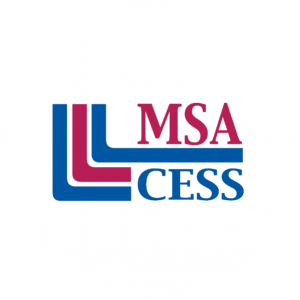Whether you are looking forward to long leisurely days or a calendar full of activities, the summer months offer a unique opportunity for families to recharge before the next school year. Especially for middle and high school students, summer can also be a time to reflect on learning goals and take purposeful steps toward achieving dreams.
As Albert Einstein once said, “Intellectual growth should commence at birth and cease only at death.” Because learning happens all the time, even when school is out, thinking about how to use the extra time in the summer may help older students to broaden interests they developed during the school year. But it is important to start with a plan.
To make the most of learning during the summer months, April Huard, Clonlara’s education director, tells older students: “Be intentional! Spend time thinking about your goals and objectives. Anything you decide to do is valid but be sure you know what you want ahead of time.”
For students in the middle and high school grades, consider these six tips to encourage learning during the summer:
1. Take a family road trip.
Whether traveling by land, air, or sea, your student can take time to research the geography, culture, history, and landmarks of an area before you visit. They can take responsibility for creating a budget, planning an itinerary, and securing accommodations for the family. Encourage them to read biographies, memoirs, and historical fiction to better understand the location’s people and their connections to current and past events. During your visit, the student can document the journey by keeping a journal, creating a video, or sketching what the family sees.
2. Get a summer job or internship.
Earning money by working is a popular summertime activity, but it can also be a great way to explore a new area of interest. In addition, as students learn to manage new responsibilities and income, they can work on executive functioning skills such as those described by Hill Learning Center: adaptable thinking, planning, self-monitoring, self-control, working memory, time management, and organization.
3. Make a difference by volunteering.
Clonlara students often use their summer hours to work toward their 180-hour volunteer service requirement. While serving their local communities, many also use their volunteer time as a chance to pursue a new passion and/or develop new skills. Your student may even want to start a nonprofit to benefit a favorite cause!
4. Dive into a good book.
While sitting by the pool or in the shade of a favorite tree, summer is the perfect time to catch up on—or set—personal reading goals. High school students may want to spend time working through Clonlara’s reading list requirements, and some may want to do a deep dive into a single author’s catalog or a specific genre such as poetry, spy novels, or narrative nonfiction. Students can also read a novel with a group of friends, and then plan a movie night to watch the book’s film version.
If choosing summer reads is difficult, reading lists can help. The Uncorked Librarian curates titles from around the world; The Reading Lists presents extensive nonfiction and fiction selections on a variety of topics; and EDSITEment! makes recommendations for college-bound students.
5. Explore a new passion.
Is your student drawn to art, music, history, science, writing, photography, or certain specialized interest? Summer may be the best time to try something new. Sign up for a class, join a team, find a club, or take private lessons. April suggests reading Bill Bryson’s A Short History of Nearly Everything for inspiration. Exploring new interests may also galvanize capstone project ideas for Clonlara seniors!
6. Remember to rest!
In our fast-paced world, we often forget to build rest into our schedules. Summer provides extra time to think about and practice the activities that rejuvenate and replenish our energy. For your student, rest may include sleeping in, exploring nature, practicing yoga, or spending time with friends and family. Be sure to take some time this summer to relax and tend to your family’s mental health.
Bonus Tip: Turn Summer Learning into High School Credit
As an added bonus, if your high school student is enrolled in Clonlara, their summer learning can be turned into credit! Learners with the chance to travel may want to earn credit in geography, culture, history, art, or physical fitness. Working students may wish to study personal finance as their bank accounts increase. Students interested in earning credit should contact their program advisors to discuss their ideas.
###
Whatever your plans for the summer, opportunities to learn are everywhere. The summer may not be endless, but the learning possibilities are!
What learning ideas do you have for the summer months?







